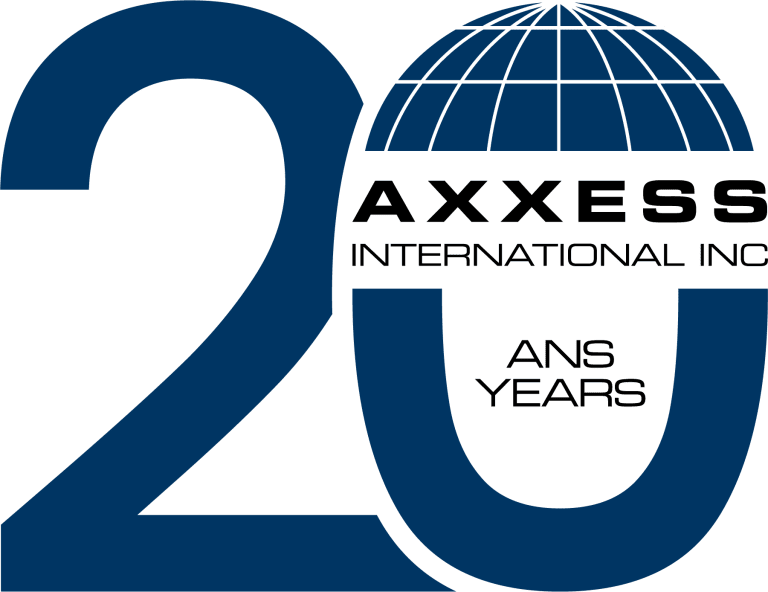According to the latest Trade Monitoring Update from the World Trade Organization (WTO) member countries continue to introduce more trade-facilitating measures than trade-restricting measures on goods, an important signal of members’ commitment to keep trade flowing despite the current geopolitical uncertainty.
The Update, covering the period between mid-October 2023 and mid-May 2024, also notes a rapid increase in industrial policy subsidies, particularly in areas related to climate change and national security.
During the review period, WTO members introduced more trade-facilitating (169) than trade-restricting (99) measures on goods. Most of the measures were on the import side. The introduction of new export restrictions declined significantly during the review period. Reversing a trend observed between 2021 and 2023, new import restrictions outpaced the number of new export restrictions.
The overall trade coverage of the trade-facilitating measures, on both the import and export side, was estimated at USD 1,219.0 billion, up from USD 977.2 billion in the last report.
The average number of trade remedy initiations increased during the review period (24.6) after years of a declining trend. Almost 90% of the investigations recorded were initiated by G20 economies. Anti-dumping continued to be the most frequent trade remedy action, accounting for 70.3% of all initiations and 93.9% of all terminations.
The trade coverage of all trade remedy investigations initiated during the review period was USD 56.1 billion (up from USD 24.6 billion in the last annual report) and that of terminations was valued at USD 2.5 billion (down from USD 15.5 billion in the last report).





